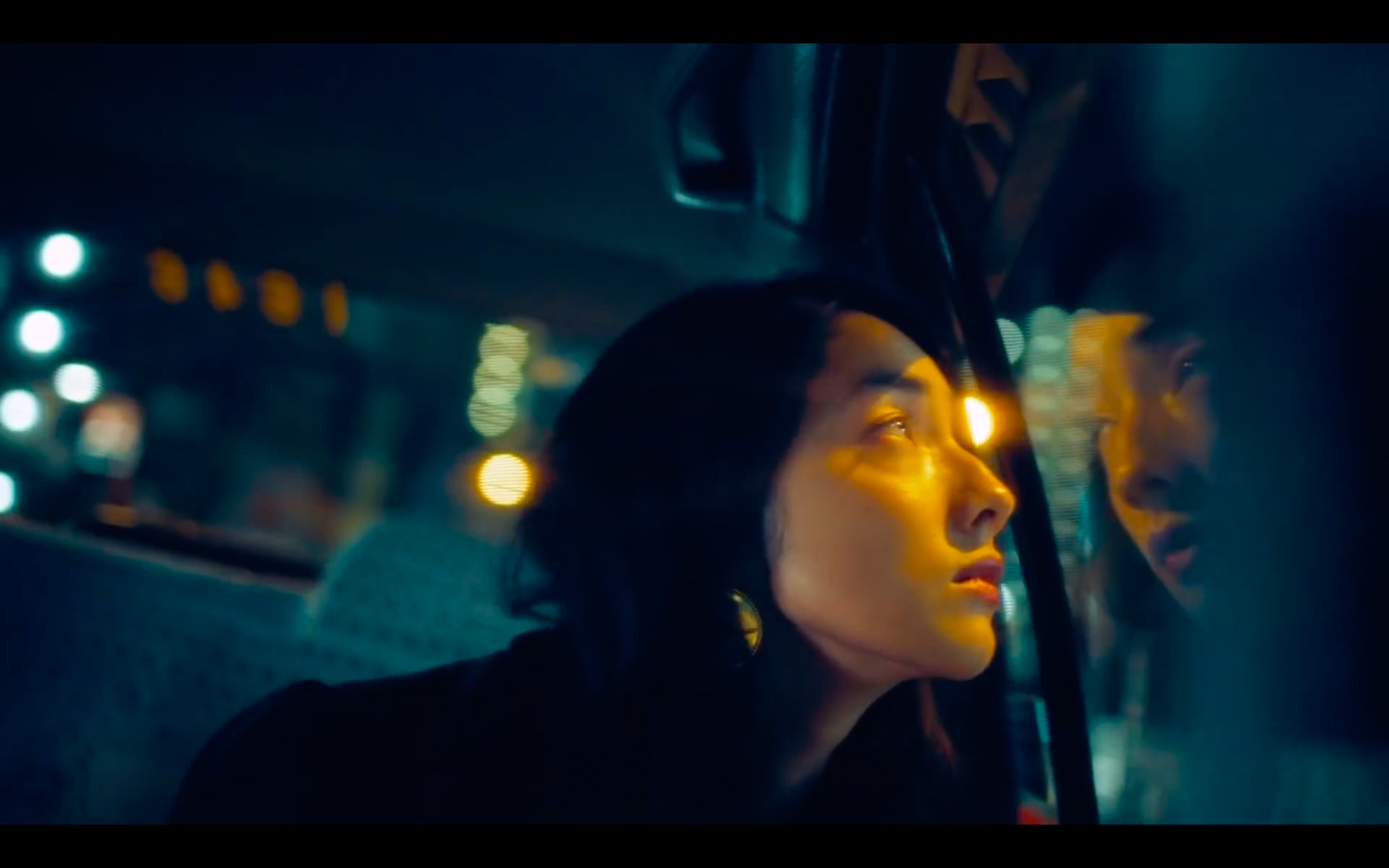
While enka itself had seen a resurgence in the 50’s and 60’s, it was still tied to a long lineage and tradition dating back the Soshi enka of the 19 thcentury. Its funk-fusion sound ditched hallmarks of past popular music – gone were the strings and soft beats of enka, in their stead of a procession of synthesizers and drum kits. Much like the danchi (public housing) that popped up in metropolitan areas en masse, city pop was something meant to appeal to a new generation of Japanese citizen. Which ties into the second major hallmark of city pop – deliberately modern and cosmopolitan. This became more prevalent in the 70’s and 80’s, when popular media began a shift towards a futurist cosmopolitan aesthetic. From the devastation of WWII’s climax to the death throes of the Cold War, Japan experienced an overhaul in image and cultural mentality.

With this came a forced overhaul of the entire country, which affected all aspects of Japanese life. An increased presence of American occupiers in Japan following the war led to what is commonly referred to as Japan’s “economic miracle.” America’s fear that an impoverished Japan would turn to communism fueled an influx of economic protections and business ventured, with the underlying agreement that Japan would act as a producer economic state. First and foremost, it is a genre of music born out of post-WWII Western colonialism. It should first be made clear that city pop is, above all, two things. This trend, a type of music held together by thick beats and jazzy bass riffs, is known as city pop, and in recent years, it’s seen a revival in the West through a different genre of music altogether. They were part of a very specific trend of Japanese popular music that had a unified, but not derivative sound to it. These are musicians whose mainstream pop heyday in Japan ended quite some time ago – over thirty years or so, to be a bit more precise. Junko Ohashi, Marlene, Kaori Akimoto…the list goes on. Mariya Takeuchi, however, is far from the only 80’s Japanese singer that has gained an online following. It feels like a snapshot of a better time, a better place. “Plastic Love” is a song that’s gained an online cult presence for this very reason – for both the time and the place it conjures when one listens to it.


One can almost picture themselves cruising down a seaside road or wandering a neon city while this plays. There’s a distinct laidback sound to it, a wistfulness that’s hard to put into words. When the opening bassline of Mariya Takeuchi’s “Plastic Love” kicks in, it evokes a smooth, calming sort of sensation.


 0 kommentar(er)
0 kommentar(er)
